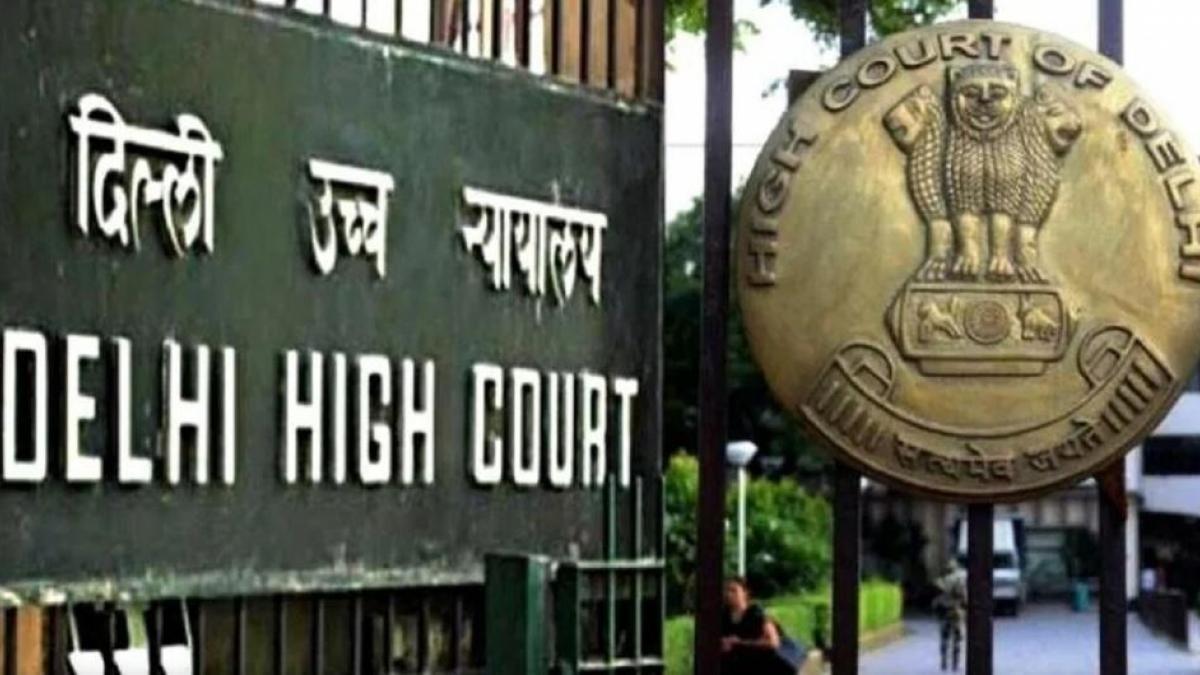


The Delhi High Court in the case Delhi High Court Legal Services Committee v. Government Of NCT Of Delhi observed and has constituted the four member fact finding committee to evaluate the drinking water, sanitation and hygiene conditions in Tihar Jail.
The Division bench comprising of Chief Justice Satish Chandra Sharma and Justice Sanjeev Narula in the case observed and has directed that the members of the committee shall be Advocates Dr. Amit George, Santosh Kumar Tripathi, Nandita Rao and Tushar Sannu.
The court in the case stated that the mandate of them is impartially evaluate the present conditions and update us on the status of drinking water, sanitation, overall hygiene, and the maintenance of washrooms or toilets within the complex.
The court in the case observed and has directed that the Director General, Prison for facilitating the committee’s work by providing all requisite resources and support to enable a thorough examination of the jail premises.
In the present case, the Public Interest Litigation, PIL was moved by the Delhi High Court Legal Services Committee wherein it highlighted the issue of supply of clean drinking water as well as maintaining hygienic sanitary conditions within the jail complex.
The bench in the case observed that the investigation underscores the worrying deficiency in order to provide inmates with drinking water as the attention of the court was drawn to a report based on an inspection conducted in the jail premises by a panel counsel.
Adding to it, the court stated that the report and accompanying photographs clearly revealed that the jail inmates are the bereft of essential amenities which includes safe drinking water and the functional toilets. It has also been observed by the said court that as stated under Article 21 of the Constitution of India, thus, the right remains
inviolable, irrespective of an individual’s incarcerated status. Therefore, the basic constitutional right of prisoner’s persists, even behind bars. Thus, any measures which restrict the freedom of an individual must not infringe upon their inherent dignity and rights.
The bench in the matter seeks detailed status report from the Committee as well as the Delhi Government. Accordingly, the court listed the matter for further consideration on
October 18, 2023.